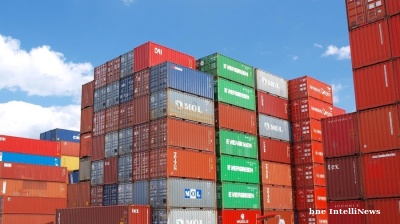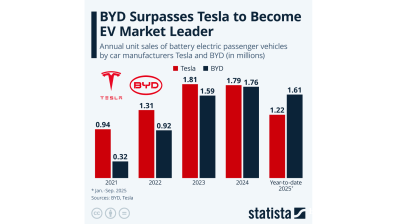The National Bank of Ukraine (NBU) increases its key policy rate by 0.5 percentage points (pp) to 18% from September 7, the regulator said in a statement on September 6.
"Despite a decline in inflation since the start of the year, this trend may be hampered if certain risks materialise," the statement reads. "The tighter monetary policy will help neutralise these risks and bring inflation to its target range in late 2019 and to achieve the medium-term target of 5% in 2020."
Investors hailed the NBU for its independence in what can not have been a popular decision with the government that faces elections next year and would have liked some growth-boosting support from the central bank, instead of badly needed austerity.
In July, consumer price inflation continued to decelerate, reaching 8.9% year-on-year and closely approaching the NBU's target range set in the monetary policy guidelines for 2018 (6.5% ± 2 pp as of the end of the thirst quarter of 2018). According to the NBU’s preliminary estimations, in August, inflation was also close to this level.
The decline in inflation in July was generally in line with the most recent macroeconomic forecast of the NBU. "A sizable increase in domestic and imported supply of food products, which dampened price growth, contributed to lower inflation. In addition, hryvnia appreciation in the first half-year influenced prices of non-food products," the statement reads.
Core inflation decelerated in July, to 8.8% y/y, which was also expected by the NBU. However, core inflation remaining high indicates that the underlying inflationary pressure is persistently strong. This is mainly the result of the rapid growth in real wages, which leads to higher production costs and sustained consumer demand, the regulator added.
The move followed the central bank's July decision increases its key policy rate by 0.5 percentage points (pp) to 17.5%. In May, the NBU retained its key policy rate unchanged at 17% due to the fact that the current monetary conditions are sufficiently tight to bring inflation to its medium-term target.
According to the NBU, success in continuing cooperation with the International Monetary Fund (IMF) remains the major precondition for bringing inflation down to the target. "New loans from the IMF, and related financing from other Ukrainian partners, are expected to boost the country’s macro-financial stability and signal to other market players that Ukraine is making progress with reforms," the regulator added.
The increase of the gas price for households is a crucial condition for the latest $2bn tranche due from the IMF and part of its $17.5bn package agreed with Kyiv in 2015 alongside the adoption of the anti-corruption court legislation, and the implementation of measures to ensure that the 2018 budget deficit will not exceed the planned level.
Last week, the NBU said Kyiv intends to obtain a new tranche from the IMF by the end of autumn. Meanwhile, an IMF mission will make a working visit to Kyiv from September 6 to September 19 to discuss the country’s reforms.
However, since July’s board monetary policy decision, there has been a significant increase in external risks, which could prevent inflation from returning to its target, the NBU underlined.
"The most significant risk here is higher pressure on the currencies of developing economies due to further capital outflow," the statement reads. "This could make it more difficult for Ukrainian borrowers to secure financing on the international financial markets, and affect the competitiveness of Ukrainian exports."
The risks of less benign global commodity market conditions are also rising, driven by an escalation of large-scale trade conflicts. The first signs that this risk has started to materialize are already evident on the global steel and oil markets the regulator added.
"In addition, internal risks also remain important." the NBU said in the statement. "Inflation expectations could worsen, as the volatility of the hryvnia exchange rate increases, and next year’s presidential and parliamentary elections draw near. Domestic demand rising at a faster pace than projected, due to high wage growth, could also prevent inflation from decreasing."
Data

Ukraine's trade deficit doubles to $42bn putting new pressure on an already strained economy
Ukraine’s trade deficit has doubled to $42bn as exports fall and imports balloon. The balance of payments deficit is starting to turn into a serious problem that could undermine the country’s macroeconomic stability.

BYD surpasses Tesla to become EV market leader – Statista
While Chinese manufacturer BYD already pulled ahead of Tesla in production volume last year, with 1,777,965 battery electric vehicles (BEV) produced in 2024 (4,500 more than Tesla), the American manufacturer remained ahead in sales.

Estonia has the world’s most competitive tax systems for the 11th year in a row – STATISTA
The Tax Foundation has released its International Tax Competitiveness Index which highlights the most competitive tax rates in different countries around the world. For the 11th consecutive year, Estonia had the highest score in the index.

EU rare earth supply dominated by China and Russia - Eurostat
The European Union remains heavily dependent on China and Russia for rare earth imports, with nearly three-quarters of its supply sourced from the two countries in 2024, according to data published by Eurostat and reported by Statista.

.png)